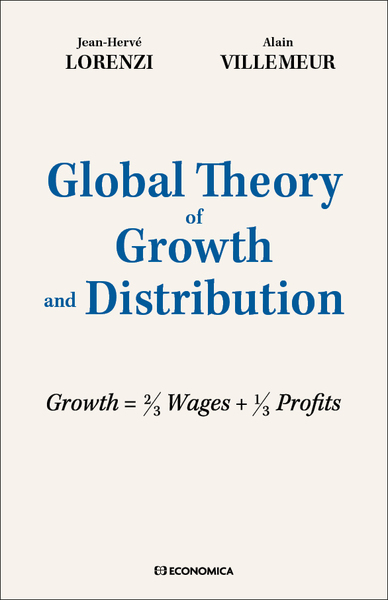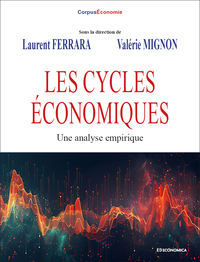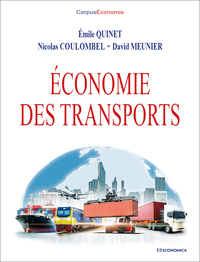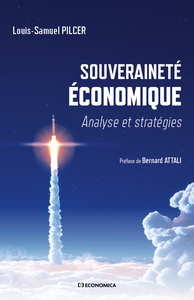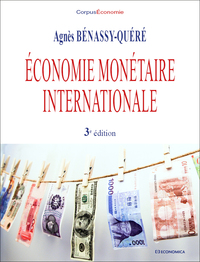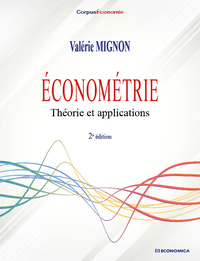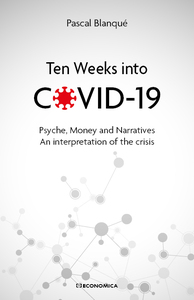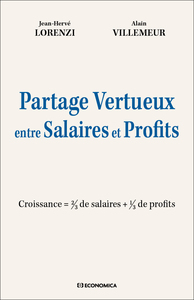Nous utilisons des cookies pour améliorer votre expérience. Pour nous conformer à la nouvelle directive sur la vie privée, nous devons demander votre consentement à l’utilisation de ces cookies. En savoir plus.
GLOBAL THEORY OF GROWTH AND DISTRIBUTION
Economica - EAN : 9782717872712
Édition papier
EAN : 9782717872712
Paru le : 7 juil. 2023
23,00 €
21,80 €
Disponible
Pour connaître votre prix et commander, identifiez-vous
Notre engagement qualité
-
 Livraison gratuite
Livraison gratuite
en France sans minimum
de commande -
 Manquants maintenus
Manquants maintenus
en commande
automatiquement -
 Un interlocuteur
Un interlocuteur
unique pour toutes
vos commandes -
 Toutes les licences
Toutes les licences
numériques du marché
au tarif éditeur -
 Assistance téléphonique
Assistance téléphonique
personalisée sur le
numérique -
 Service client
Service client
Du Lundi au vendredi
de 9h à 18h
- EAN13 : 9782717872712
- Réf. éditeur : 5276
- Collection : ECONOMIE
- Editeur : Economica
- Date Parution : 7 juil. 2023
- Disponibilite : Disponible
- Barème de remise : NS
- Nombre de pages : 112
- Format : 0.80 x 15.50 x 24.00 cm
- Poids : 300gr
-
Résumé :
This book reflects our conviction that the distribution between labour and capital income determines the conditions for satisfactory economic growth.
The wage-profit distribution has shifted dramatically in favour of profit over the past several decades in the advanced economies, while economic growth has been steadily declining. Since the Great Recession of 2008, economic slowdown and near stagnation have become widespread despite the unconventional fiscal and monetary policies implemented. How can we explain these worrying situations?
David Ricardo was right to consider as early as 1817 that income distribution is a major problem in economics. Our Global Theory of Growth and Distribution sheds light on the current situation; it is based on a new neo-Ricardian model.
Thus, we discover that a distribution of two-thirds wages and one-third profits is optimal for sustainable, resilient, job-rich growth in the long run. Moreover, too high profits penalize growth and productivity, contrary to the supposed trickle-down effects.
This new paradigm must be developed to overcome the many economic challenges of the coming decades (climate change, aging, inequalities) that beset advanced economies. -
Biographie :
Jean-Hervé LORENZI is Professor Emeritus at Paris-Dauphine University, President of the Les Rencontres Economiques d’Aix-en-Provence, and is head of the “Demographic Transitions, Economic Transitions” Academic Chair.
Alain VILLEMEUR is a graduate engineer from École Centrale de Paris, Doctor in economics from Paris-Dauphine University, and scientific director of the “Demographic Transitions, Economic Transitions” Academic Chair.

